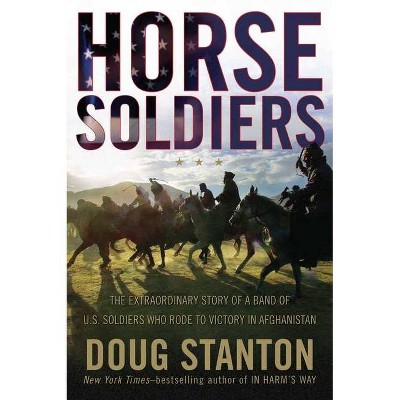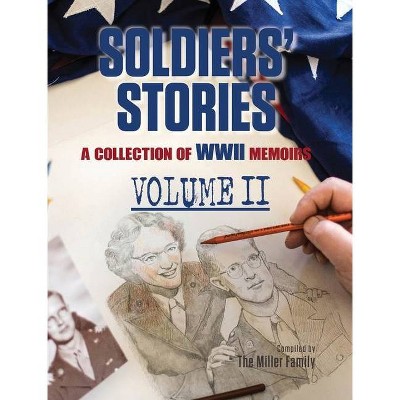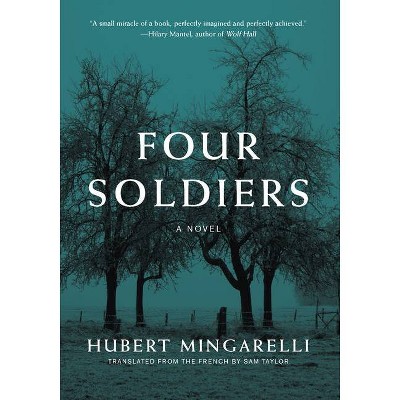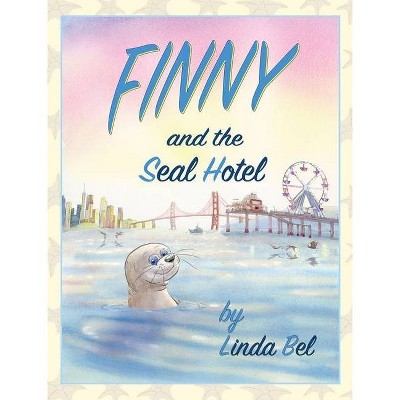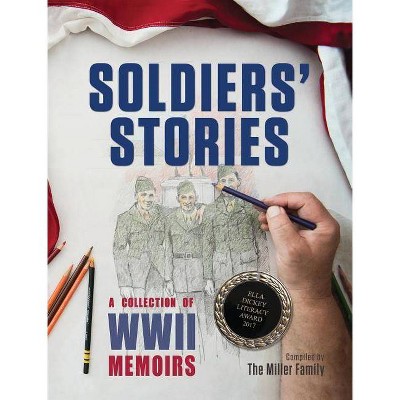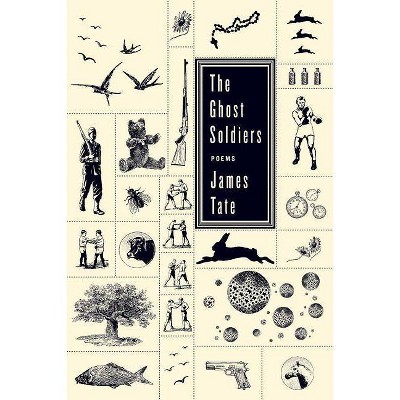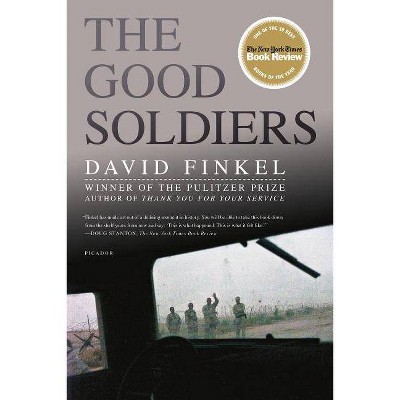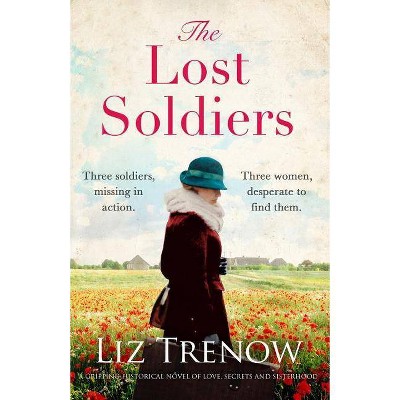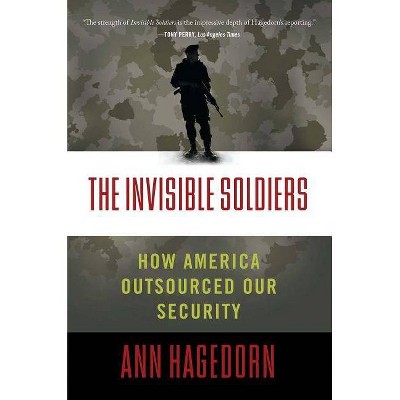The Soldiers' Press - by G Seal (Hardcover)
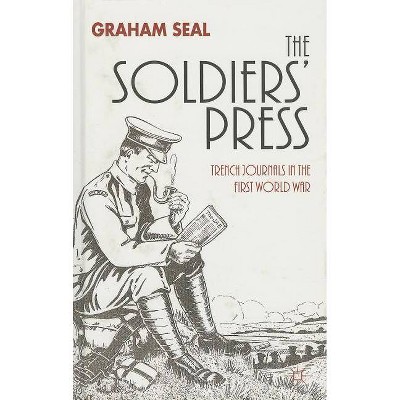
Similar Products
Products of same category from the store
AllProduct info
<p/><br></br><p><b> Book Synopsis </b></p></br></br>Why did millions of men agree to fight the most horrific war in history? And go on doing it, in many cases, for years? The question of consent is one of the many issues of the Great War that still haunt us today. <p/>The soldiers of 1914-1918 created a large body of newspapers and magazines by, for and about themselves. Often misleadingly called 'trench journals', these rich archival sources have received surprisingly little sustained scholarly attention. Through the first comprehensive investigation and analysis of the English language trench periodicals of the war - British, Canadian, Australia, New Zealand and American - The Soldiers' Press presents a cultural interpretation of the means and methods through which consent was negotiated between the trenches and the home front. <p/>The few existing book-length studies tend to use trench newspapers as sources of information to answer historical questions. The Soldiers' Press treats soldier journalism on its own terms and provides a new answer to one lasting conundrum of World War I. <br><p/><br></br><p><b> Review Quotes </b></p></br></br><br>To come<br><p/><br></br><p><b> About the Author </b></p></br></br>Graham Seal is Director at the Australia-Asia-Pacific Institute at Curtin University, Australia. He has published a number of articles and books on the culture of war, including Inventing the Anzac: The Digger and National Mythology (2004) and Echoes of Anzac (2005). In 2007 he was made a member of the Order of Australia for his research and academic work. His These Few Lines: The Lost Lives of Myra and William Sykes was the joint winner of the National Biography Award in 2008.
Price History
Price Archive shows prices from various stores, lets you see history and find the cheapest. There is no actual sale on the website. For all support, inquiry and suggestion messages communication@pricearchive.us
